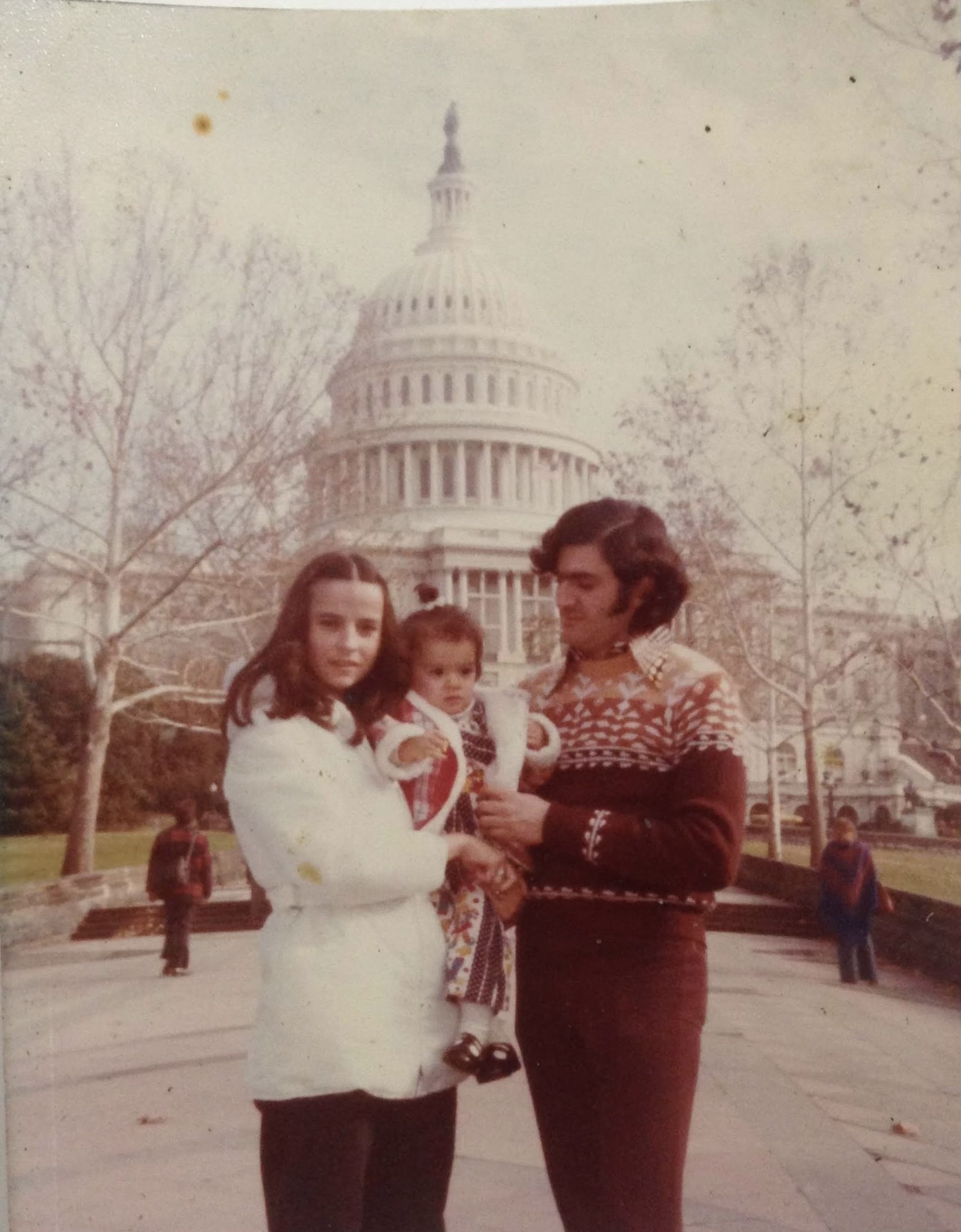Donald Trump’s immigration policies concern USF students

Gabriela Benitez comes from a family of immigrants. Her father, John, moved from Colombia to the U.S. in his 20s.
President-elect Donald Trump’s planned policies make her feel “sad” for immigrants, who, like her father and grandparents, built a life in the U.S.
“He’s always said that the whole reason that he came here was to be able to provide a better life for us,” the 21-year-old said. “I feel like he doesn’t have a voice. I feel like he’s not being recognized.”
Trump’s plans for immigration have been central in his presidential campaign, making students, such as Benitez, disappointed by what the possible policy changes could mean for the country.
The first “core promise to make America great again” on Trump’s platform is to “seal the border and stop the migrant invasion.” In the list, he also promises to carry out the “largest deportation operation in American history.”
Trump was also successful in getting Latino support in the presidential election with 43% of Latino voters’ support, an increase from 2020’s 35%, according to AP Votecast.
There are over 3,000 “non-resident aliens” in USF’s undergraduate student population, according to data from USF’s InfoCenter.
Benitez, a junior behavioral healthcare major at USF, was born in Pennsylvania but moved to Colombia when she was four. She came back to the U.S. with her family when she was 12 to live in Miami.
She said her problem with the new immigration policies is, through mass deportation, Trump would be “getting rid of the people that built this country.”
“I understand the whole aspect of trying to regulate who comes in,” she said. “But he’s also targeting families that have paid their dues, have been here for years and are contributing to the country.”
Related: Donald Trump’s win prompts shock, relief from USF students
To address illegal immigration, Trump has plans for mass deportation using the U.S. military and workplace raids to locate undocumented immigrants and expand the border wall.
Trump’s administration also plans to narrow the possibility of immigrants entering the country legally.
Benitez said Trump’s win feels like “regressing” because of the immigration policies he plans on implementing during his term.
“I saw the ‘American Dream’ as a place that is accepting and diverse and really wants to push for different cultures and different ideals, but now I don’t know,” she said.
Benitez’s maternal grandparents are also immigrants. Her mom acquired birthright citizenship because she was born in the U.S.
Birthright citizenship is one of the immigration-related policies Donald Trump plans to tackle on “day one” of his new term.
“[…] I will sign an executive order making clear to federal agencies that under the correct interpretation of the law, going forward, the future children of illegal aliens will not receive automatic U.S. citizenship,” Trump said in a May 2023 campaign press release.
Related: USF students debate major policy issues ahead of election
Benitez said she can’t imagine an “America without immigrants.”
Of USF’s over 49,000 students, almost 7,000 hold citizenship in a country other than the U.S., according to data from USF’s InfoCenter.
Barbara Podgorska, a sophomore public health major, was born in Poland and moved to the U.S. with her parents when she was one year old.
Podgorska said her parents came to the U.S. for better job opportunities.
“They were kind of thinking about not only their future but also my future and me being able to get a job,” she said.
Podgorska said she doesn’t feel threatened by Trump’s new policies because she has American citizenship. However, she still worries about family friends from Poland who don’t have citizenship but “have their whole lives here.”
“It’s really sad to think that you have to be worried about being kicked out of your home,” she said.
Podorska said it’s “unfair” for people who live in the U.S. and “contribute greatly to society” to be at risk of getting deported.
With Trump’s new policies, Benitez said she expects it to be even more difficult for immigrants to find ways to stay in the country.
“I think now, because he’s creating such a stigma around being an immigrant and a minority, it’s going to be harder for these people to even have these opportunities,” Benitez said.







